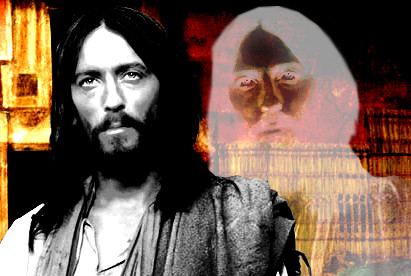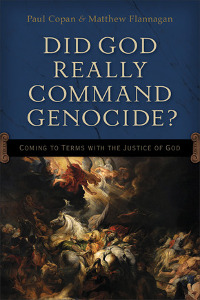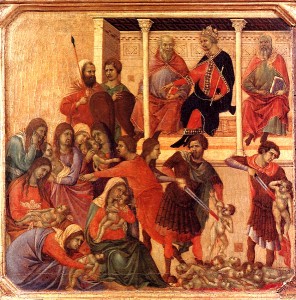









AS CHRISTMAS approaches, Christians around the world remember the events leading up to the birth of Jesus in Bethlehem. We celebrate many things: Of course, the love of God in Christ, as well as the beauty of the story, the sanctity of the life of the unborn, the faithfulness of all those who faithfully obeyed (what would I have done if I were Joseph?), and perhaps more things besides these. But Christians are not he only ones preparing for Christmas. In the United States, atheists are spreading the cheer by erecting billboards deriding Christianity as a myth or a fairy tale, and it is one of those times of the year (along with Easter) when proponents of liberal theology or anti-Christian thought seem to get a special pleasure from peddling articles, documentaries (in the loosest sense of the word) and books about the myths Christians allegedly believe.
Most of the things we Christians remember are very nice, traditional Christmas story fodder: The visit of an angel to Mary, Joseph’s dream, wise men from the East with their gifts, Shepherds out in the field and the chorus of angels, and the birth of the Saviour in a manger. But then there’s the “slaughter of the innocents.” That’s not quite as nice. The event is traditionally remembered on the 28th of December. The wise men told King Herod that they were looking for the king who had just been born. Herod was filled with insecurity and asked them to return to him after they had met this new king and tell him where he could go to meet him also. When the wise men did not return to him, Herod flew into a rage and ordered the death of the male children in Bethlehem under the age of two, to make sure he snuffed out this would-be king.
And here is where one of the regular sceptical lines of comment appears in time for Christmas. Surely that would be a massive slaughter. Why didn’t this bloodbath make the news? How come nobody wrote about it? The fact that we have no record of this nasty episode shows that it’s pure myth, just like most of the other stuff in the Gospels. Right?
Read More









